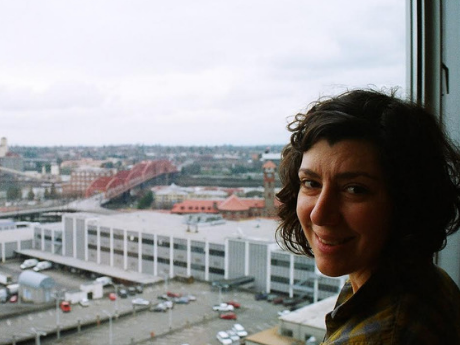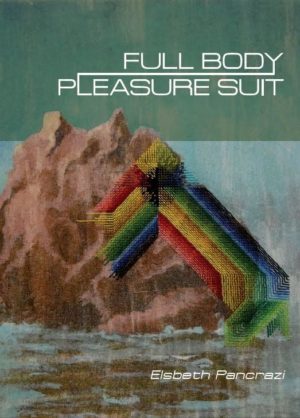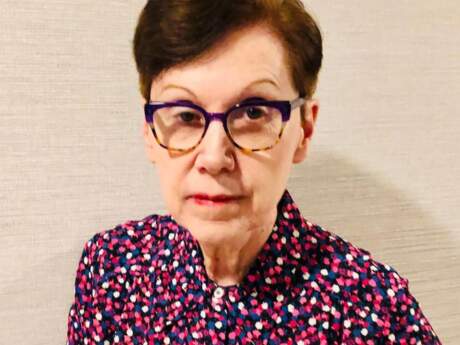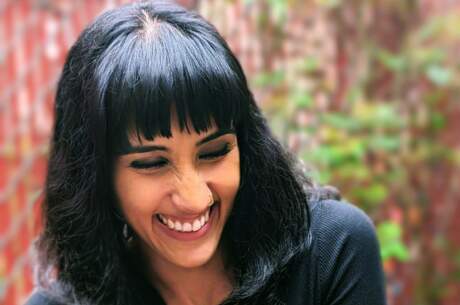In Their Own Words
Elsbeth Pancrazi on “We were watching the Clouds That Look Like Horses Channel”

We were watching the Clouds That Look Like Horses Channel
You said it was the only thing that could relax you,
searching the white and blue
for tiny forms
trotting across the sky like gossip
Ours was a cloud of electric snow
betraying like our dirty penny moon
no head or tails
Someone smuggling intelligence
enhancing drugs across the border
had been busted
Someone someone hard at work
was now inventing a laser
to colorize sky blue
Maybe tattoo a new moon
But I remembered our moon
as though I could still hear it:
What you're feeling right now
is the momentary absence of
Savor it, interrupted a cow
Then you said, Wasn't it dark
We both knew your eyes were gone
I rubbed your feet
against the rug to spark
From Full Body Pleasure Suit (Tavern Books, 2017). All rights reserved. Reprinted courtesy of the author.
On "We were watching the Clouds That Look Like Horses Channel"
When I wrote this poem, I wanted to use humor and absurdity to gesture toward a scary reality adjacent to our own. Since then, the world has sidled in.
Some ideas that seemed outrageously dystopian, or at least far-fetched, when I wrote "We were watching the Clouds That Look Like Horses Channel":
- Owning a drone will be affordable
- Virtual reality viewers will be as common as cardboard
- Dictating our questions to robots will become socially acceptable
- The media will be customizable, with "news" readily available to suit any point of view
- Millions of Americans will volunteer their real-time health and location data via bracelets, no questions asked
- A wordless international language will develop, comprised of pictures and videos of cats shared in moments of great despair
So what happens to a poem about the future once the future arrives? Our perspectives shift, the poem no longer depicts a possibility, but instead a parallel present. It moves out of the (implied) conditional mood and into an oddly-inflected indicative. (Why is everybody on this spaceship wearing onesies?)
Despite the retro-futuristic garb, I think my naïve narrator—who besides watching the Clouds That Look Like Horses Channel also customizes the Magical Thinking Channel and elects to undergo a "bodyswap" operation—she still has a message to deliver. It's a message from the past about how I thought the future might be. In this poem, and throughout my book, her experience reveals how I feared things might play out, as divisive technology metastasized and sophisticated corporate propaganda smothered firsthand experience.
While I know we can never control what poems mean after we write them, my hope is that it's useful to encounter this particular artifact: what the fears looked like, before they crystalized into norms.



